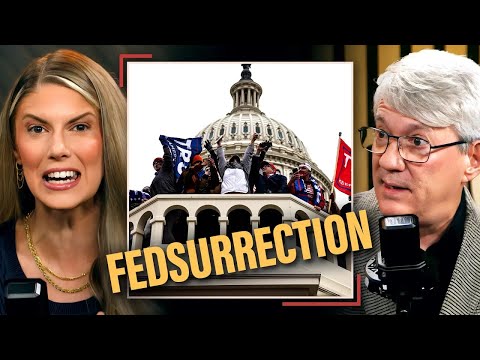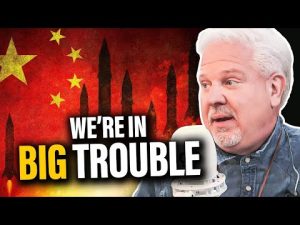**Trump’s Pardon Plan: A Bold Move or a Misguided Gesture?**
In a bold proclamation that could shake the foundations of political narratives surrounding the January 6th incident, Donald Trump has promised that he will pardon those charged in connection with the events of that fateful day within the first nine minutes of his presidency should he regain office. This statement has stirred up a whirlwind of emotions and perspectives among various groups, especially those who feel personally impacted by the ongoing repercussions of January 6.
For many supporters, this announcement is a beacon of hope—a tangible promise that sends a clear message: the government should not be holding its citizens accountable for exercising their right to assemble and protest. To fans of Trump, this action symbolizes a commitment to justice—for those who have faced steep penalties for what they believe were largely exaggerated charges. It seems that for Trump, this promise is not merely a campaign talking point but a reflection of his desire to correct what he perceives as an ongoing injustice against Americans who felt compelled to stand up during a pivotal moment in history.
However, while some see this promise as a move towards rectifying the grievances faced by January 6 defendants, critics warn of the potential dangers of such a decision. Many fear that pardoning these individuals for their actions on January 6 could diminish the gravity of that day’s events, which resulted in extensive property damage, injuries to law enforcement, and a profound impact on American democracy itself. This dichotomy represents a larger cultural clash regarding personal accountability versus collective expression inherent in the dialogue surrounding the January 6 incident.
Yet another layer was added to the discussion when revelations emerged about the military’s hesitance on that day to deploy the National Guard. As it turns out, some high-ranking officials voiced concerns about the “optics” of military involvement at the Capitol, indicating a troubling diversion of priorities. Critics argue that this emphasis on optics over action may have led to the chaos that unfolded, with many questioning why the guard was not deployed when it could have mitigated violence or even saved lives. This conversation underscores the necessity for truthful examination and accountability, not just for citizens, but also for leaders who wield immense power on national security.
Furthermore, the ongoing investigations into the role of the FBI have brought even more scrutiny to the events of January 6. Reports have suggested upwards of 26 FBI sources were present that day, leading to intense speculation regarding how many governmental actors might have been embedded within the crowd. Such revelations complicate the narrative further and raise questions about who was truly there to act with peaceful intentions and who, if anyone, may have been agitating events for ulterior motives.
Ultimately, the discourse surrounding Trump’s pledge to pardon January 6 defendants invites intense examination of accountability from all sides. From citizens expressing their frustrations to military leaders grappling with their duties, to federal agents navigating the fine line of surveillance, there’s a profound spectrum of responsibility that must be assessed. As the nation moves forward, it will be essential for Americans to reconcile these complex layers of governance, personal freedoms, and national integrity, paving the path for a future that respects historical lessons rather than merely repeating them. Perhaps, in the end, it isn’t just Trump’s potential actions that illuminate the future of American democracy, but rather how individuals and institutions choose to respond to those proclamations.
As conversations continue to evolve around this topic, one thing remains clear: the path forward must be steeped in critical thinking, open dialogue, and a commitment to understanding each other’s viewpoints, whether one is donning a MAGA hat or a blue uniform. After all, the principles of democracy are not just words on a page, but ideals that demand our constant vigilance and respect.



